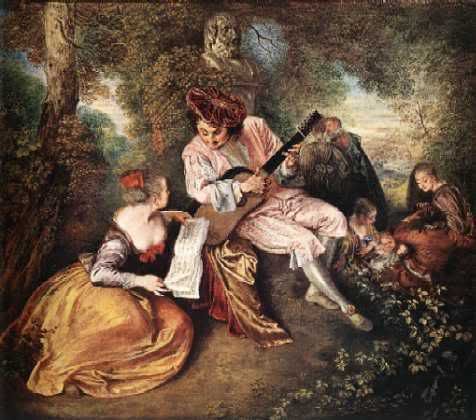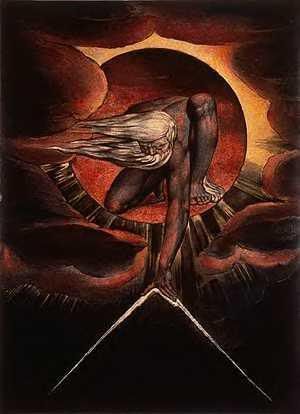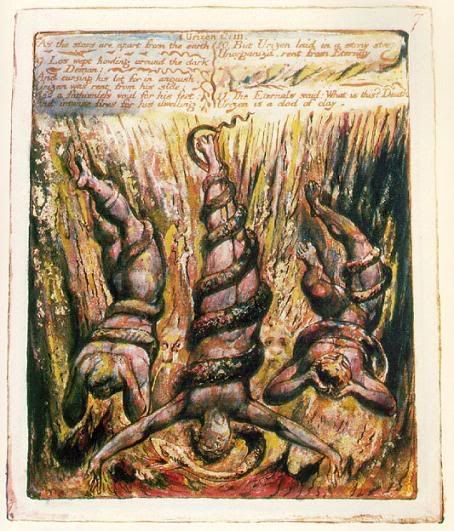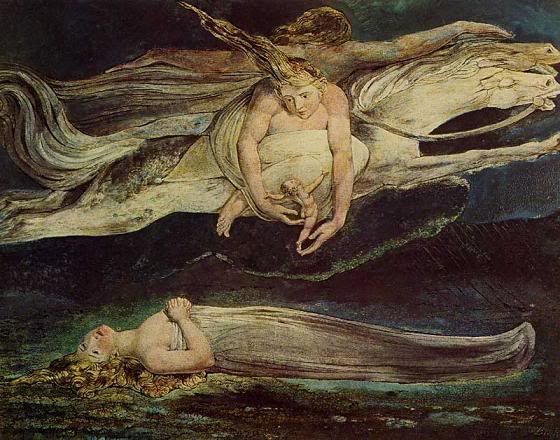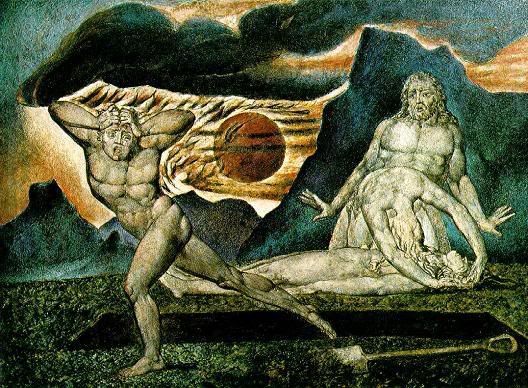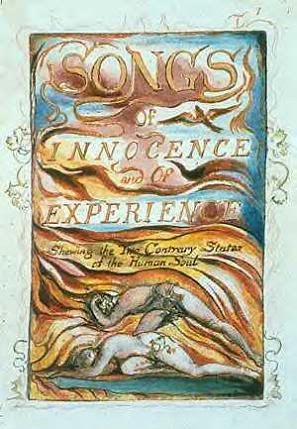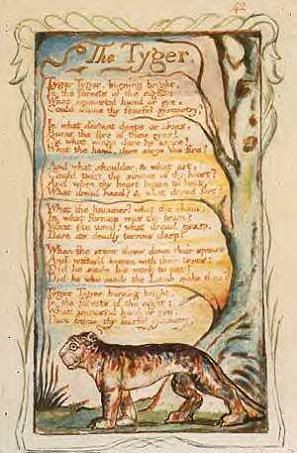James Wright (1927-1980) W.H.Auden chose
Wright's first book, "The Green Wall" for the Yale Younger Poets series in 1957.
James Wright, besides writing poetry and prose, translated Pablo Neruda, Cesar
Vallejo and George Trakl. His themes, alot of them alluringly dark, exibit backrounds
of personal isolation, process of disillusionment, events in an instant of time and
comparisons of youth to age. Some examples of Wright's great poetic lines: in
"Autumn Begins in Martins Ferry, Ohio" .........."All the proud fathers are ashamed to
go home. Their women cluck like starved pullets, Dying for Love" and in the same
poem......."Therefore, Their sons grow suicidally beautiful, at the beginning of
October". In "A Blessing" he writes........"Twilight bounds softly forth on the grass.
And the eyes of those two Indian ponies, Darken with kindness. They have come
gladly out of the willows, To welcome my friend and me." In "Hook" he writes of a
young man accepting help from a Native American outside a bus
station................."Did you ever feel a man hold/ Sixty-five cents/ In a hook, And place
it/ Gently/ In your freezing hand?" quasimodo1



 Reply With Quote
Reply With Quote I was hoping for Hart Crane
I was hoping for Hart Crane

